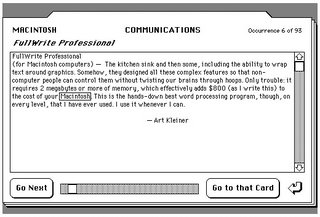Leibniz and Spinoza
A recent book by Matthew Stewart: "The Courtier and the
Heretic", 2006, has proved most interesting. This paragraph from the introduction really struck me:
"..., the two greatest philosophers of the seventeenth century remain unsurpassed, and should perhaps be considered the twin founders of modern thought. We live in an age defined by its reaction to Spinoza and to all that he recorded in his philosophy. And there is no more compelling expression of this reaction than the philosophy Leibniz developed in the long years after his return from Holland (after visiting Spinoza). Contemporary debates concerning the separation of church and state, the clash of civilizations, and the theory of natural selection, to name just a few examples, are all continuations of the discussion that began in November 1676. Even today, the two men who met in the Hague stand for a choice that we all must make and have implicitly already made."
And a summary paragraph:
"... The two men who met in 1676 in fact represent a pair of radically different philosophical personality types who have always been part of the human experience. Spinoza speaks for those who believe that happiness and virtue are possible with nothing more than what we have in our hands. Leibniz stands for those convinced that happiness and virtue depend upon something that lies beyond. Spinoza counsels calm attention to our own deepest good. Leibniz expresses that irrepressible longing to see our good works reflected back to us in the praise of others. Spinoza affirms the totality of things such as it is. Leibniz is that part of us that ceaselessly strives to make us something more than what we are. Without doubt there is a little piece of each in everybody; equally certain is the fact that, at times, a choice must be made."
NB: Leibniz independently developed the calculus a bit later than Newton, and his notation won out eventually to become the one we use today. Spinoza the Jew who was excommunicated in his early 20s, has been credited with inspiring Thomas Jefferson and other Founders of the US Constitution in regard to the "establishment" clause and other key aspects of the constitution and bill of rights, as well as inspiring the perpetrators of the French Revolution, and the rest of the secular, liberal, democratic order of today.It's interesting to track these ideas back before 1776; which I don't recall my world history or philosophy classes ever having done. All this material from the book made The Pope's recent controversial statements about Islam reverberate loudly in my head. Nevertheless, caveat emptor is appropriate and one should perhaps have a look at some of the more negative reviews of this book as linked in the title of this entry. It may be that the scholarship is a bit lacking in this book, in the interests of spinning an entertaining tale.





